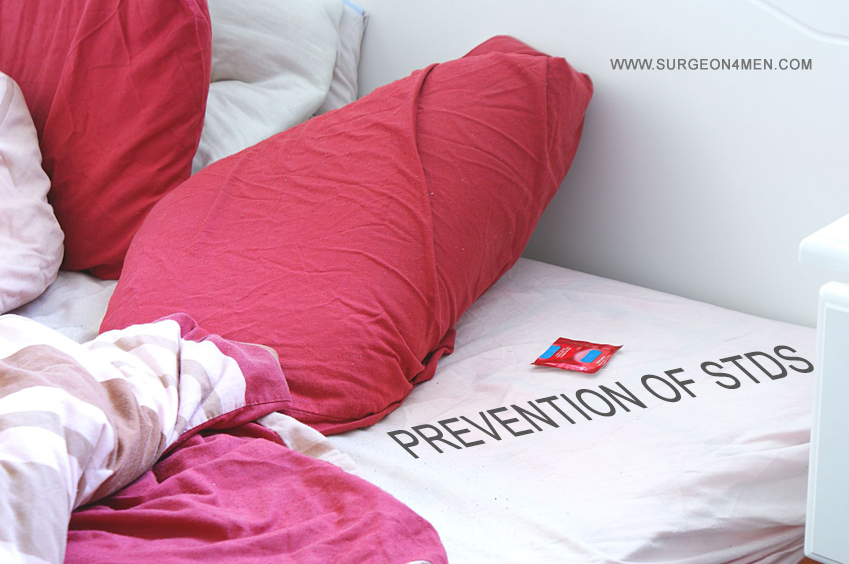Prevention of STDs
A sexually transmitted disease can be defined as an infection that is transmitted during sexual contact with a person who is suffering from the infection. These diseases can also be transmitted by touching (skin-to-skin contact). Sexually transmitted diseases can prove fatal for a person. In the United States, STDs are the most contagious form of infection after cold and flu. Some STDs can be treated and cured but others cannot be. Quite a numbers of STDs do not have any symptoms. However, your health can be seriously compromised if you have a sexually transmitted disease.
STDs are typically caused by viral and bacterial infections. STDs that are caused by bacteria can be treated by the use of antibiotics. However, STDs that are caused by viruses cannot be completely cured though their symptoms can be alleviated.
Steps for Preventing STDs
 A large majority of the STDs can be prevented if people make judicious decisions about their sexual health. You can reduce your chances of getting STDs by adopting the following practices:
A large majority of the STDs can be prevented if people make judicious decisions about their sexual health. You can reduce your chances of getting STDs by adopting the following practices:
- Adopting measures to protect yourself before sex: You can do the following things to protect yourself before sex:
- Limit the number of your sexual partners
- Discuss openly about each other’s sexual history
- Before going ahead with sex, it is highly advisable if both of you get yourselves tested for STDs.
- It is highly recommended that you avoid sex when you are under the influence of alcohol or drugs.
- Another measure that you can take to reduce the risk of getting STDs is to get vaccinated for hepatitis B (HBV) and human papillomavirus (HPV).
It is very important to openly discuss about each other’s history with STD. Since a number of STDs do not have any symptoms, therefore it is all the more important to get yourselves tested for any STDs.
- Adopting measures to protect yourself during sex: You need to protect yourself during sex. It is always recommended to practice safe sex. This also applies when both of you have been tested for STDs as tests can also go wrong.
- Practicing safe sex: Safer sex implies the usage of latex or a polyurethane barrier for practicing all forms of sex. Practicing safe sex implies:
- Using condoms (male or female) while having an intercourse.
- Using dental dams or condoms for oral sex.
- Using gloves for any form of manual penetration.
After having sex, you must always wash with soap and water to remove any form of infection from your skin.
- Correct usage of condoms: While using condoms it is very important that you read the usage instructions very carefully. If condoms are used correctly, it makes them more effective. Some important considerations regarding the usage of condoms are given below:
- Check the expiry date of the condoms.
- Ensure that the condom package has an air bubble. This will ensure that it is not punctured.
- Wear the condom correctly as described on the package.
- You must always leave room at the tip of the condom.
- You must unroll the condom onto the penis and not before you put it on.
- Ensure that you use a condom-safe lubricant during the intercourse.
- While taking off the condom, hold on to it so that it does not slip off.
- Never try to reuse a condom.
- Dispose off the condom carefully.
References


